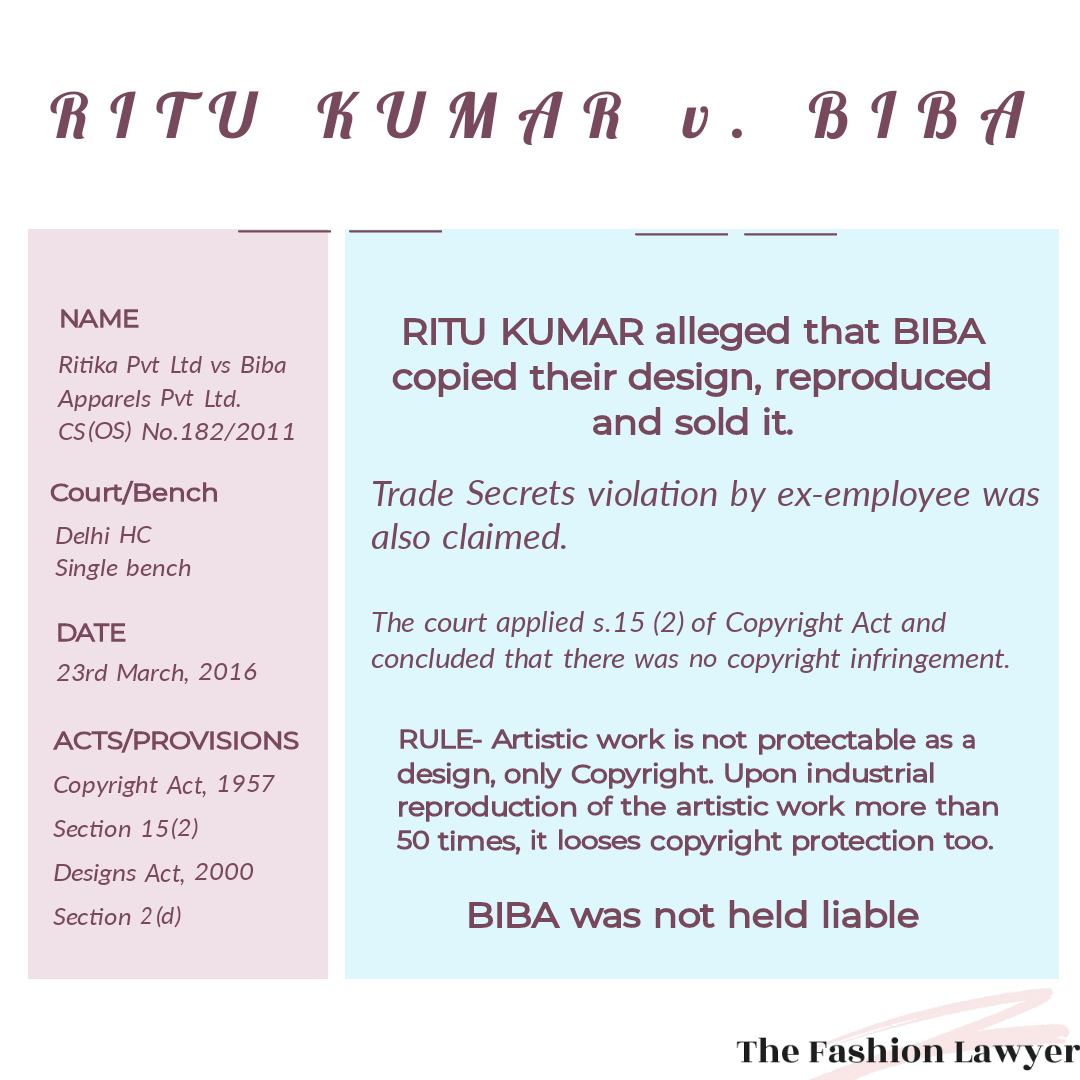Sustainability in Fashion: Laws and Regulations
Sustainability has become a very important factor in Fashion. Many brands have stepped up and making conscious efforts towards Sustainability by introducing recycling plans, using Sustainable fabrics and ensuring fair labour practices. In this process, importance of organisational regulations and legislation cannot be denied. Even United Nations has made UN Alliance for Sustainable Fashion.
Let's look at some remarkable multinational organizations/collaborations with interesting solutions:
Sustainable Apparel Coalition
It comprises more than 200 companies from across fashion’s global supply chain, including giants like Levi’s, Target, and Adidas. It has developed a common index Higg Index to measure the environmental performance of clothing products. The Index is used by more than 10,000 manufacturers worldwide, measures the sustainability performance of a given company or product. In addition, a Facility Environmental Module has been made to provide training and verification to member companies.
Ethical Fashion Forum
The London-based Forum launched a new online matching engine called Common Objective in May, 2018. It allows clothing industry professionals and companies to create profiles attesting to their ethical standards and sustainability efforts. Higher scoring company receives higher visibility in search engine as a reward.
G-7 Pact
French government has made pact with 32 fashion and textile companies including ADIDAS, Armani, H&M, Nordstrom, Selfridges, and Stella McCartney, to tackle three major issues: climate, biodiversity, and oceans.The Collective aims to stop global warming (zero greenhouse gas emissions by 2050), restore natural ecosystems and protect wildlife, and removing single-use plastics from our oceans.
Global Fashion Agenda (GFA)
This Agenda is supported by ASOS, Bestseller, H&M, Kering, Li & Fung, Nike, PVH Corp., Sustainable Apparel Coalition, and Target.
The GFA and Kering have partnered on a joint redesigning venture. This venture will work with experts, academia, and other industries to find more innovative solutions.
Making pacts is a small step as practices prescribed are not mandatory. But it is a welcoming step as the issue of Sustainability is getting due recognition. Almost all countries have their own set of Labour laws and environmental regulations. But, there is hardly any specific law in any country on the matter. New legislations have been proposed and in some cases in operation.
Let's look at some of these laws advocating sustainable fashion:
France
Grenelle II Regulations: These regulations require any garments sold in France to have a label setting out a detailed ‘carbon footprint’.
France is also in process of enacting a "Zero-waste Law" to prevent brands from destroying unsold merchandise and to makes washing machine filters mandatory to stop microplastics from leaching out of clothes and into the water stream.
European Union
REACH regulation: This mandates assessing and managing the risks posed by chemicals and providing appropriate safety information to their users. The regulation is applies to dyes, finishes and potentially even to pesticides and herbicides used in growing the natural fibres that you use in producing garments.
Sweden
Tax law: In 2017, tax was imposed on chemicals in electronics, and the government is planning to extend the chemical taxes to clothes and shoes.
United States
Tax benefits: Donation of clothes to charity organisations is eligible for tax deductions. This gives an incentive to the public to donate unwanted clothes and in turn promotes recycling and less waste.
Transparency in Supply Chain Act: The Act requires all trades to disclose efforts to ensure that your supply chains are free from slavery and human trafficking. Suppliers are supposed to give warranties regarding fair labour practices. This is applicable to all kinds of trade in California, even if you sell into one boutique.
Proposition 65: It requires to put a warning on all articles when a person will be exposed to dangerous chemicals.
These legislations, Pacts and alliances are sign that Brands, Governments and people are taking Sustainability seriously. Some of these legislations have innovative approaches and other countries can take inspiration. However, it must be understood that Sustainable Fashion can exist only when there is demand for it. Only Regulations are not sufficient. The overall mind-set of consumers and awareness coupled with Regulations can be effective solution. There is a long way to go.
Read the next blog for Law regarding Sustainable Fashion in India.



Comments
Post a Comment